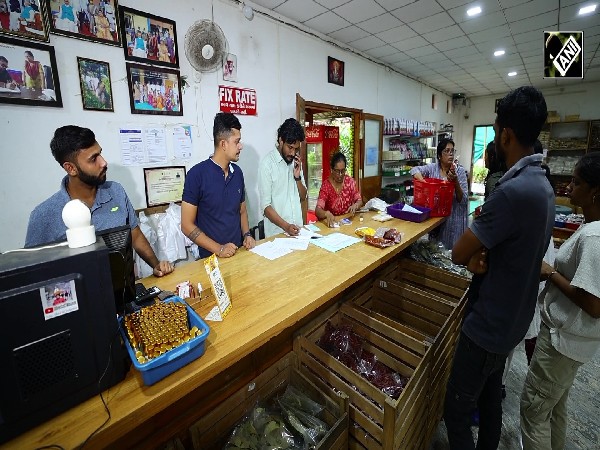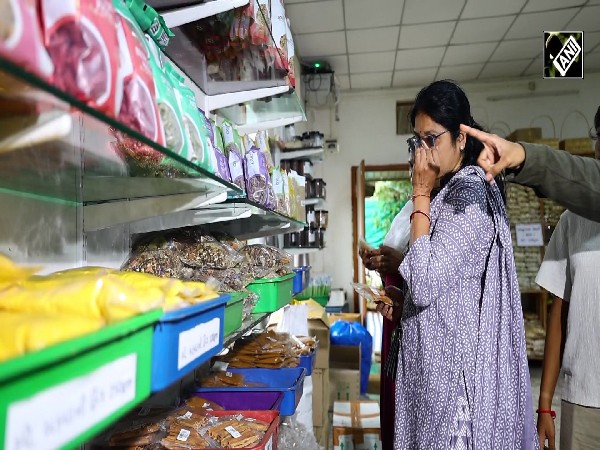Crypto trade growing in Asia, need regulatory frameworks to protect investors: IMF
Aug 23, 2022

New Delhi [India], August 23 : Digitalization of the payment system can aid in the transition to the environmentally-conscious method of payments and also foster financial inclusion but at the same time crypto assets can pose risks to financial stability, the International Monetary Fund said.
In a blog titled 'Crypto is More in Step With Asia's Equities, Highlighting Need for Regulation' said, the IMF said that few parts of the world have embraced crypto assets like Asia -- where top adopters include individual and institutional investors from India to Vietnam and Thailand - which raises the important issue of the extent of integration of crypto into the financial system in the region.
"Before the pandemic, crypto seemed insulated from the financial system. Bitcoin and other assets showed little correlation with Asian equity markets, which helped diffuse financial stability concerns," the blog authored by Nada Choueiri, Anne-Marie Gulde-Wolf and Tara Iyer said.
Crypto trading, however, soared during the pandemic as millions stayed home and received government aid, while low-interest rates and easy financing conditions also played a role.
The total market value of the world's crypto assets surged twenty-fold in just a year and a half to USD 3 trillion in December.
Subsequently, it plunged to less than USD 1 trillion in June as central bank interest rate increases to contain inflation ended easy access to cheap borrowing, it added.
"Large losses on crypto may drive these investors to rebalance their portfolios, possibly causing financial-market volatility or even default on traditional liabilities," it said.
As Asian investors piled into crypto, the correlation between the performance of the region's equity markets and crypto assets such as Bitcoin and Ethereum, the blog said, has increased.
"While the returns and volatility correlations between Bitcoin and Asian equity markets were low before the pandemic, these have increased significantly since 2020."
The blog said the key drivers of the increased interconnectedness of crypto and equity markets in Asia could include growing acceptance of crypto-related platforms and investment vehicles in the stock market, or more generally growing crypto adoption by retail and institutional investors in Asia -- many of whom have positions in both the equity and crypto markets.
Further, it raised concerns that a growing interconnectedness between the two asset classes permits the transmission of shocks that can impact financial markets.
"Accordingly, authorities in Asia are increasingly sensitive to the rising risks posed by crypto as adoption continues to spread. They have therefore dialled up their focus on crypto regulation, and regulatory frameworks are underway in several countries including India, Vietnam and Thailand."
In conclusion, it said that a significant effort is needed to address important data gaps that still prevent domestic and international regulators from fully understanding the ownership and use of crypto and its intersection with the traditional financial sector.
It recommended regulations be framed in such a way that they establish clear guidelines on regulated financial institutions and seek to inform and protect retail investors, become fully effective, and must be closely coordinated across jurisdictions.

















